Many Mac users frequently see the “SecurityAgent wants to make changes” error on their Mac computers. The majority of the time, these problems are brought on by unidentified programs and processes that are installed on the system.
One of the most common reasons for this issue is the unwanted program on the Mac OS running in the background.
What is the “SecurityAgent wants to make changes” error?
There are several applications that could receive the error code “SecurityAgent wants to make changes.” However, the SecurityAgent application is nowhere to be found and there are no facts about it on the internet.
It is highly annoying for users who get this error to have to deal with this pop-up message on a daily basis when using their computers.
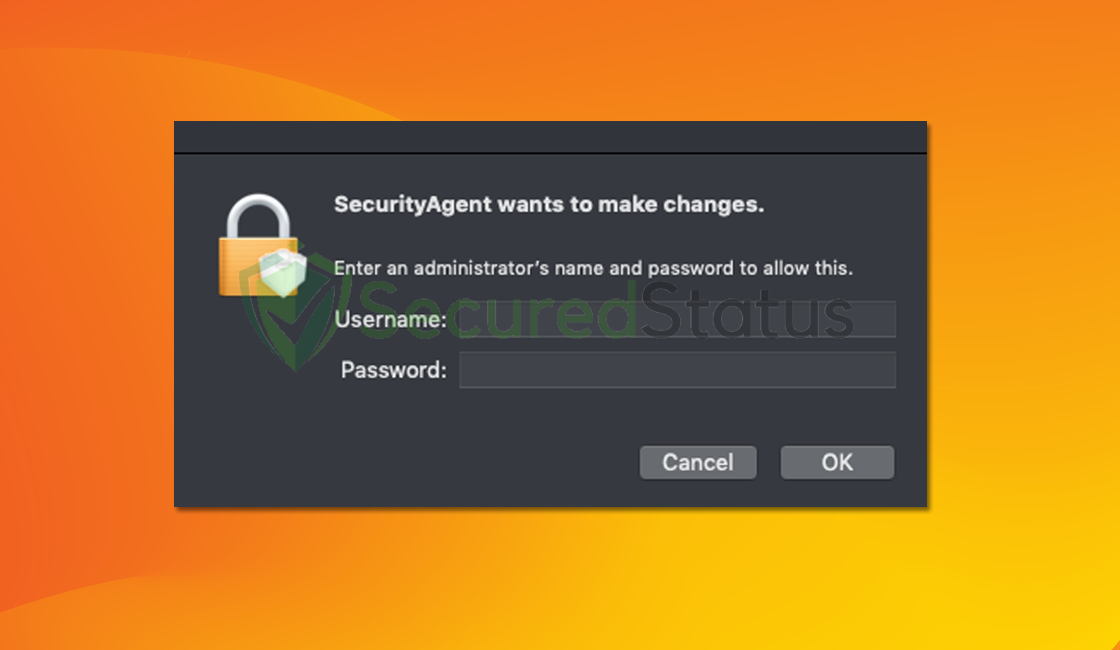
The most likely situation is that the SecurityAgent application was installed on your computer without your knowledge because you may not have downloaded it yourself. Although it may be incompatible or the application may be bugged, the error message causes you to be confused about what the application is for.
Other cases, such as system issues or crashes due to recent installations or updates, can also be the cause. However, in this instance, an unknown application is present in the system and it is not listed in either the app store or online databases.
How to Fix “SecurityAgent wants to make changes” Error
Our team has tried and tested every method listed below because this issue could have a number of primary causes.
Method 1: Delete SecurityAgent application with EasyFind (Easiest Fix)
By using sophisticated Boolean operators, EasyFind locates files and folders by name or content. Finding SecurityAgent applications with this tool won’t be a problem.
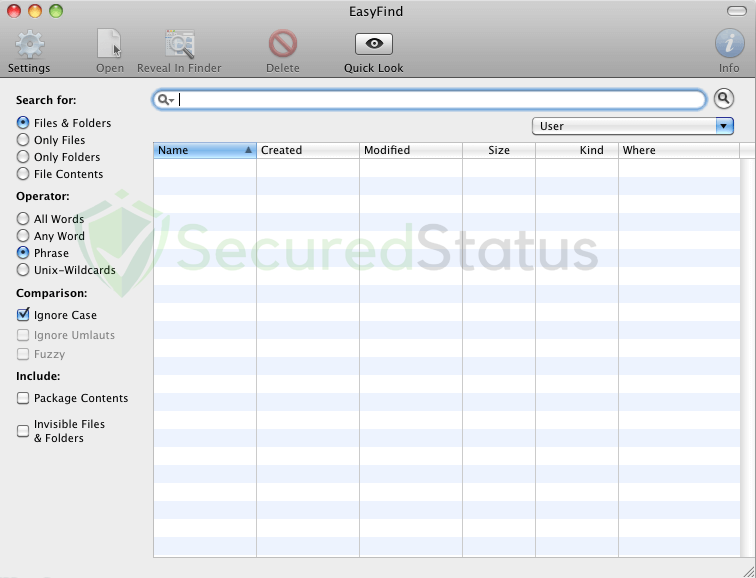
1 Install the EasyFind application via the App Store to automatically go to the app’s download page.
2 Once the app is installed, search for SecurityAgent using the search bar.
3 Remove the found application/s and your problem should be gone.
Method 2: Delete SecurityAgentp Manually
Step 1: Remove the SecurityAgentp application
1 Open the Finder application from the Dock.

2 Select Application from the left sidebar.

3 Find rp2 then right click its icon then select Move to trash. (We will be using the MacKeeper application as an example.)

If you haven’t found anything in the Applications folder, go to the following path: Library/SecurityAgent and delete it from there.
Step 2: Remove Files Associated with SecurityAgent (if there are any)
1 Click the Go from the Finder toolbar and select Go to folder from the expanded menu.

2 Search the following paths for files associated with the SecurityAgent app. These files will have the .plist extension and will look similarly to com.SecurityAgent.plist. (Note: Do not delete files that comes from legit applications)

~/Library/LaunchAgents
~/Library/Application
/Library/LaunchAgents
/Library/LaunchDaemons
3 Once you have found them, right-click and select Move to Trash in order to get rid of those files.

Step 3: Empty the Trash Bin
1 From the Dock, right-click the Trash application and select Empty Trash in order to delete the files permanently.

2 A confirmation window may appear asking if you really want to delete the files on the Trash, go ahead and proceed to delete them.

Now, the SecurityAgent application as well as files related to the adware threat are permanently deleted from the mac system. The SecurityAgent error should be gone now.
Method 3: Scan for Malware
Malwarebytes Anti-Malware is one of the most powerful anti-malware programs available. They have some of the most advanced threat detection tools, ensuring that any harmful virus on your computer is eliminated.
1 Using your web browser, go to the official anti-malware website or click the button above to download the most recent version of the program. When you first download the application, you will also receive a 14-day trial of the premium software.

2 After the file has finished downloading, click on the installation package and run the file to start installing the application.
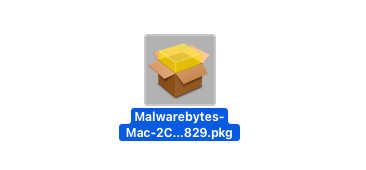
3 Follow the installation procedure shown on the setup and wait for it to finish.
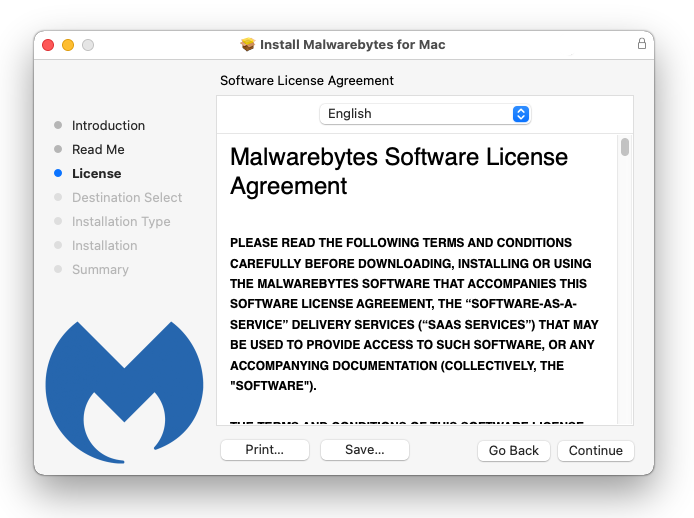
4 Your password may be required to continue installer from installing the new software. Give it permission and click Install Software.
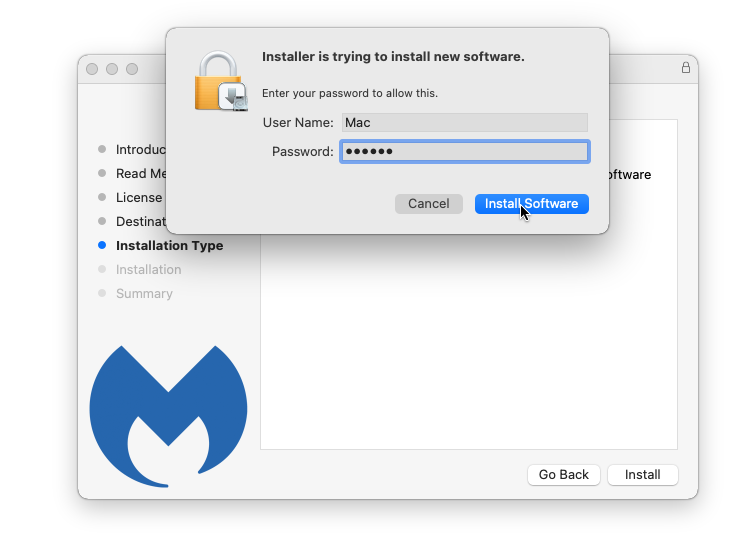
5 Wait for Malwarebytes Anti-malware to finish installing on the mac system.
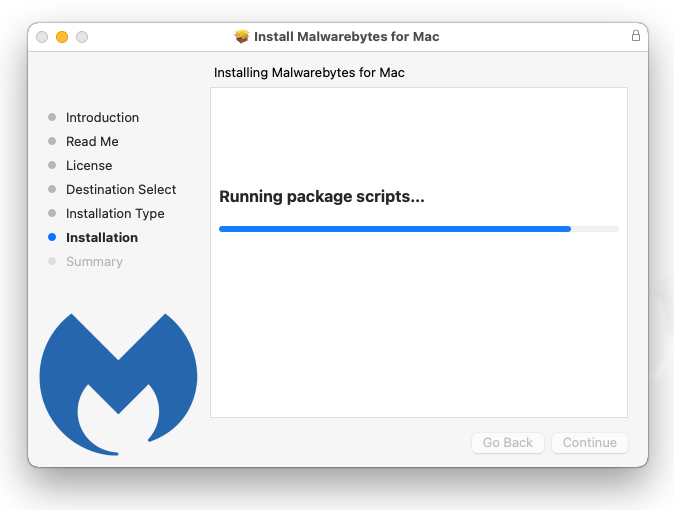
6 Once the process is complete, the application will open. Click on the Get started button and follow the procedure to start using Malwarebytes.
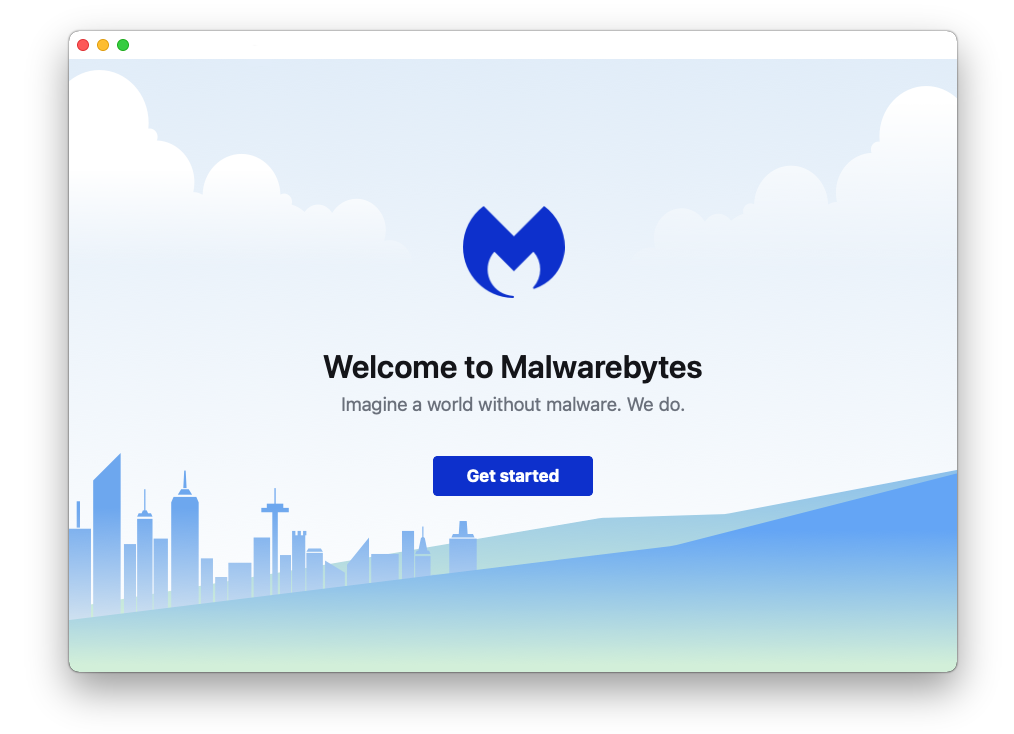
7 When prompted to choose between personal and organizational use, click the personal option unless you are downloading it within your company.
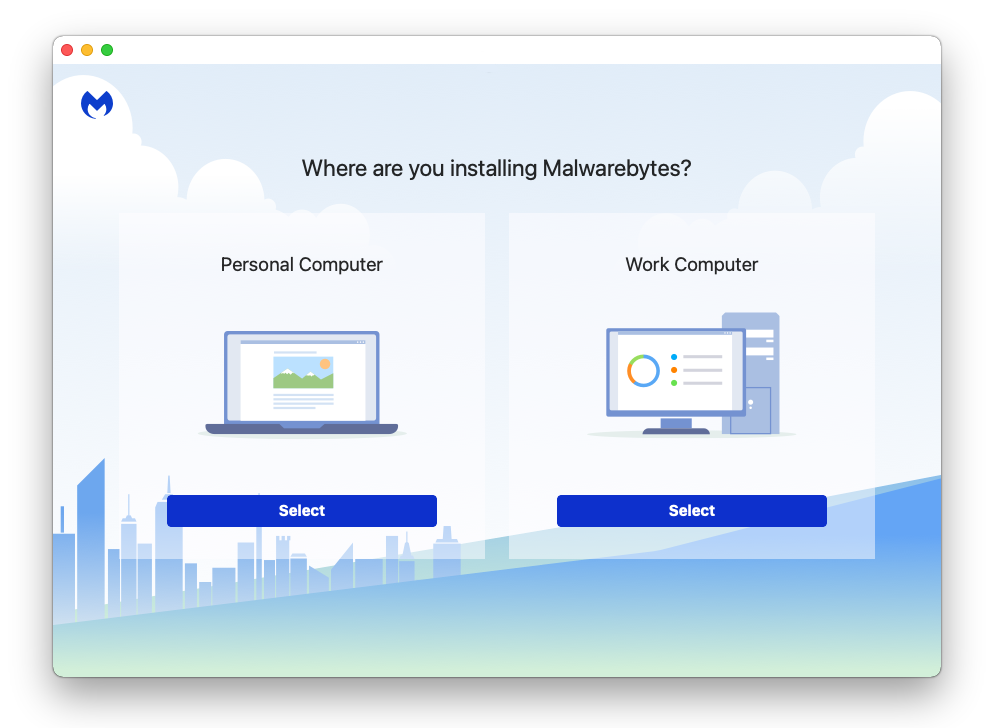
8 After the initial start up, proceed to running your first scan. The scanning may take a while depending on how many files you have on your system.
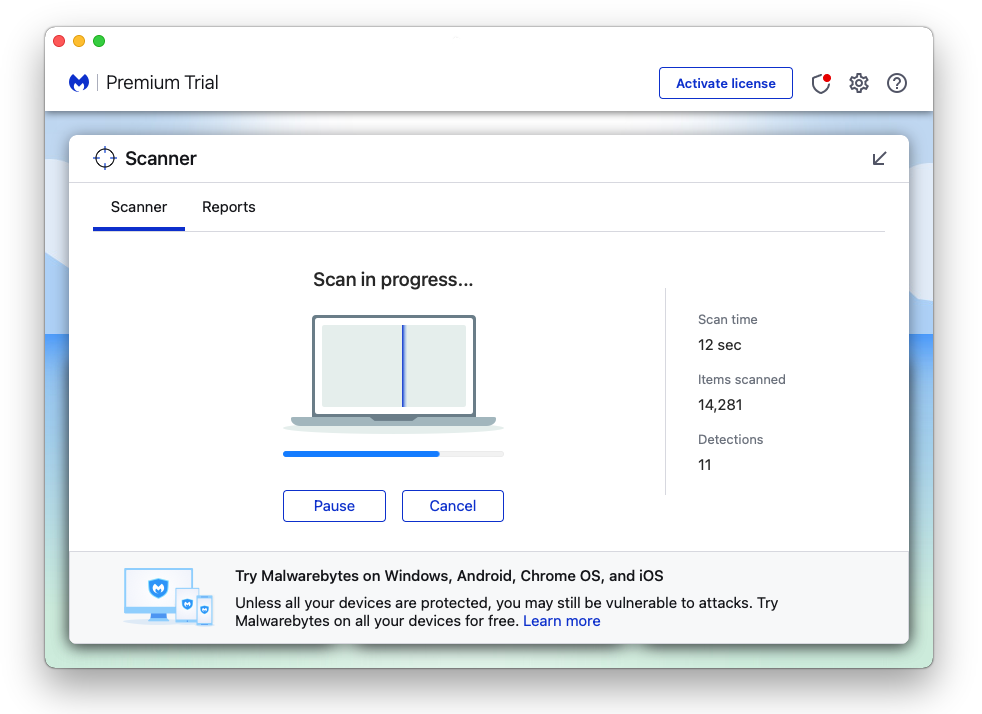
9 Malwarebytes will show all malware identified on the machine after the scan, and you can remove the detected threats by pressing the quarantine button. (Note: Some threats may require a restart of the computer.)

The suspicious SecurityAgent application, as well as any other potential threats identified on the Mac system, should be removed once the process is finished. We also recommend to turn on Malwarebytes Real-Time Protection, which will secure your computer and detect threats as soon as they appear.
